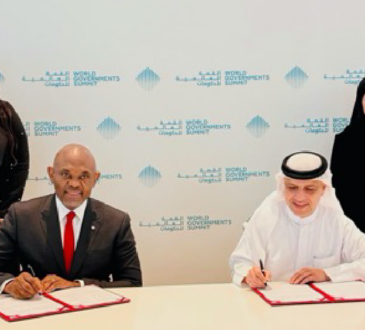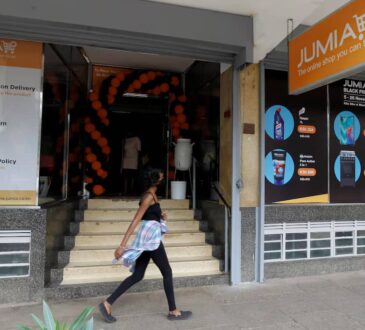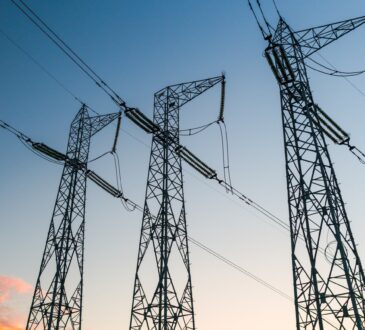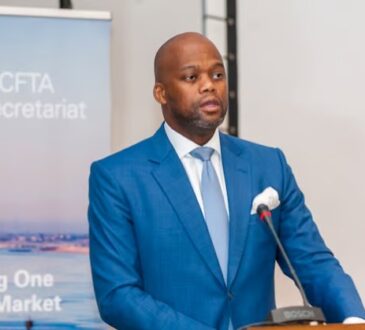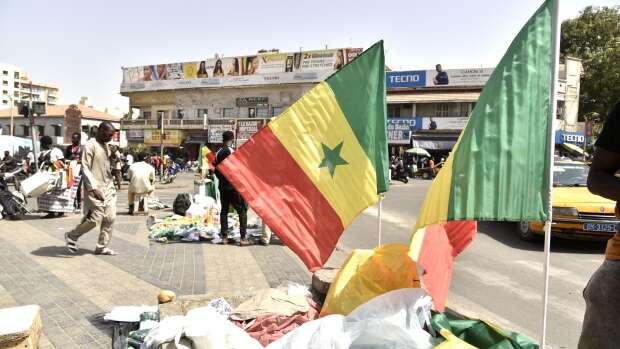
Senegal became the fourth sub-Saharan African nation to tap the market this year, with a bond sale that shows investors are gaining confidence in its new government.
The emerging oil and gas producer raised $750 million of debt maturing in 2031 in two tranches at a coupon rate of 7.75 per cent, according to data compiled by Bloomberg. The original $500 million was sold on Monday and increased by $250 million on Tuesday. JPMorgan Chase & Co. was the lead manager on the two portions, the data shows.
A spokesman for Senegal’s Treasury confirmed the amount.
Investor confidence in Senegal was shaken earlier this year when former President Macky Sall postponed elections scheduled for February and floated holding onto power for an extra year. Senegalese staged mass protests, forcing Sall to back down and hold the vote in March.
Opposition leader Bassirou Diomaye Faye won the ballot after defeating Sall’s chosen successor who had been expected to continue implementing policies that helped Senegal’s economy grow more than 5 per cent over the past decade.
While there was initial unease about what policies Faye would pursue, a gauge used to measure market sentiment toward Senegal “moderated significantly post-election, suggesting market uncertainty has receded, despite some premium persisting,” said Samir Gadio, head of Africa strategy at Standard Chartered Bank.
“This market comeback by Senegal was unexpected so soon, even though investors generally felt the country could be a candidate for a new issuance,” he said.
The funding from this week’s sale should provide buffers to meet potential additional financing needs, even after repayment of $162.9 million on a bond that matures in July, Gadio said.
The International Monetary Fund projects Senegal’s budget shortfall will decline to 3.1 per cent of gross domestic product in 2024 from 3.9 per cent last year. The start of oil and gas production, expected later this year, is forecast to more than double the economic growth rate to 8.3 per cent this year, according to the fund.
The Washington-based lender forecasts debt will ease to 72.5 per cent of GDP in 2024, after increasing to 79.6per cent last year, when the government increased borrowing to pay for stakes in oil projects and prepare for the elections.
Ivory Coast ended sub-Saharan Africa’s almost two-year absence from the international capital markets this year when it sold $2.6 billion of eurobonds in January. That was followed a month later by Benin and Kenya, which raised $750 million and $1.5 billion respectively.
–Norvanreports




